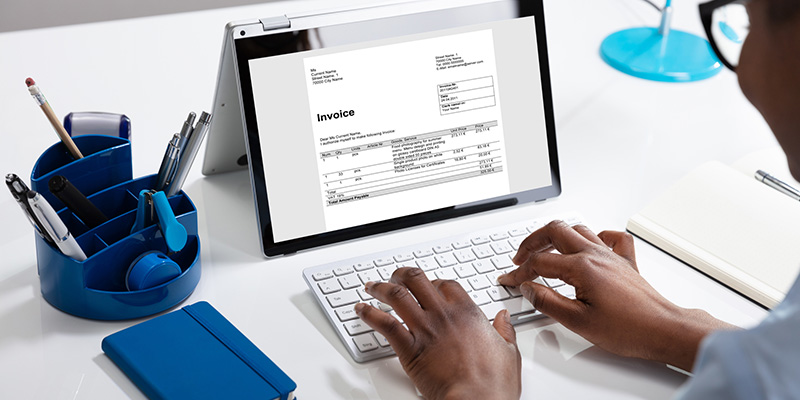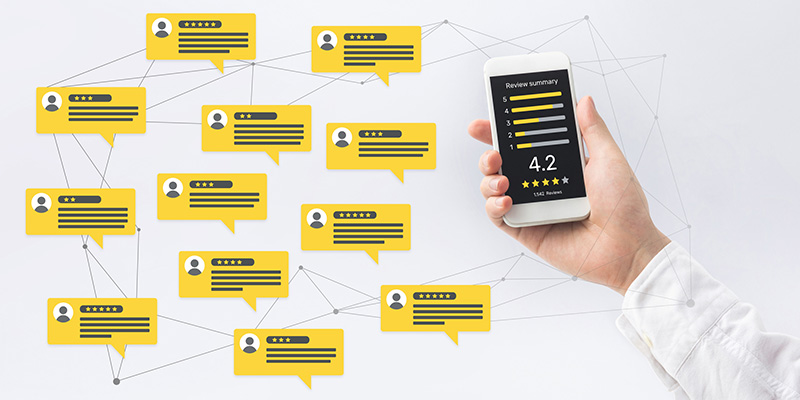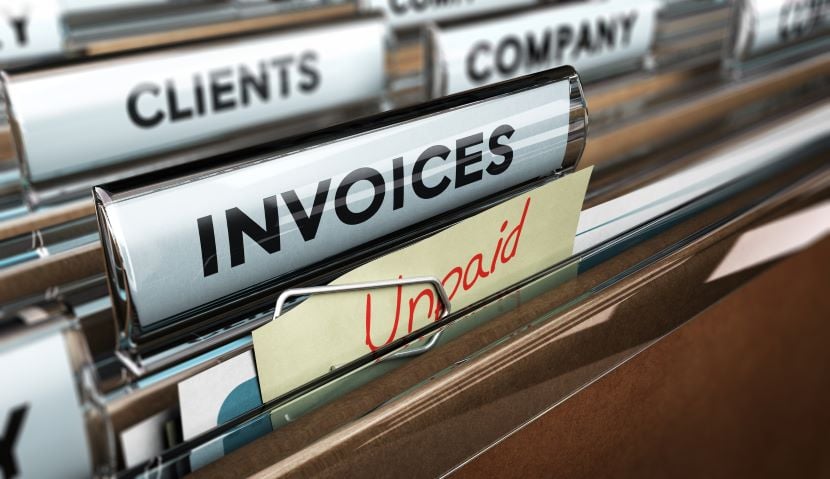No matter the type or size of your business, accounts receivable and collections is a valuable part of your operations and cash flow. B2B (business-to-business) accounts receivable and collections, however, is very different than B2C (business-to-consumer) for a number of reasons. In this post, we will uncover the differences between these two types of businesses and how their receivables and collections processes are different.
First party collections, in which your business relies to manage delinquent and non-paying accounts, are a valuable resource to get invoices paid. Getting your invoices paid on time helps ensure working capital and sets your business up for success. In house collections specialists, therefore, are beneficial and necessary, especially in a growing business.
If your company is in need of an amazing collections specialist, read on to learn how to hire one.
Owning a small or medium business can be especially frustrating when your clients are paying late or not at all. It's good to note that how you respond to these situations will affect the success of the debt collections and if you can retain the client as a customer. In this post, we will offer tips to ensuring your invoices are paid on time and we will share how and when you should send a business to collections.
Yes, a business can be sent to collections.
Read more to learn how.
When you think about your business reputation, you may be looking to customer testimonials or surveys to determine how well you're doing. Obviously, your branding and online perception is going to influence sales and ultimately your revenue. Another part of your business' reputation, however, is how you approach the financial aspects of your business.
Did you know that your accounts receivable collections can affect your business reputation?
If your business works with another business, you or your accounts receivable department likely has some idea of the efforts to collect on past due accounts. Reasons for late payments could be as simple as a misplaced invoice or as challenging as being affected by a global pandemic. Whatever the reason, positive cash flow and working capital is important to keep the lights on and your employees paid. How long will your A/R team attempt to collect on accounts before they give up? Does your accounts receivable team know when to ask for professional help?
Here are seven reasons small to enterprise businesses turn to third party collections.
If you regularly bill clients, you have likely had the experience of chasing down money. It's frustrating, uncomfortable and a little intimidating. Now add in a global pandemic, climbing unemployment statistics and the amount of small businesses closing shop and suddenly, asking for what's owed to you can be downright worrisome. Let's take a step back and consider a new way of dealing with outstanding or overdue invoices, shall we?
Here are five ways to help businesses deal with unpaid client invoices during COVID-19.
When the Cheesecake Factory and other retailers have announced that they will not pay rent, it can give pause to small and growing businesses who need their invoices paid. During such an unprecedented time, most everyone is feeling the panic and stress about potential loss of cash flow. It doesn't seem like a good time to ask for payment from clients or customers who may be facing their own crises.
Is there a good way to ask for payment during the COVID-19 pandemic?
When a client hasn't paid their invoice on time, business owners feel the pinch in their cash flow. Even if sales are being won and the work is being done, without timely payments from their customers, vendors, accounts payable and employees go unpaid. It takes time and resources to chase down payments, affecting efficiency and productivity as well. Instead of wondering if your clients are going to pay their invoices, take control of the situation proactively and in a non-threatening manner.
Here are the best business practices to get prompt payment from your clients.
Suing a client isn't top of anyone's list of things to do but if a client is refusing to pay, it may be the logical path to getting what's owed to you. Before you take your client to court, you'll need to make sure that you're prepared, have a good case and that it's worth the cost of your time and money.
When you're thinking of suing for nonpayment, here are your next steps.
As an owner of a B2B business, or even if you work in accounts receivable for a B2B business, you know the headache of tracking down past due invoice payments. While it would seem that you've done everything necessary to prompt on-time payments, there's always that one client that pays late or not at all. If you've ever considered hiring a B2B debt collection agency, you might have questions about their processes to collect what's owed. What will they do for you? And most importantly, how much does it cost?













